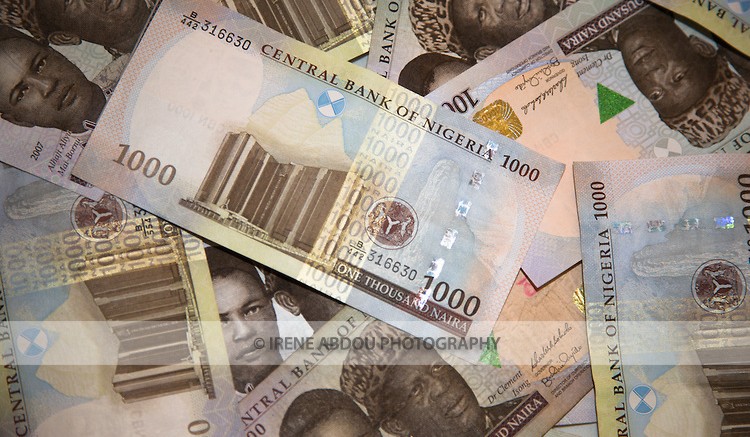 The Central Bank of Nigeria on Friday injected $287.89m into the currency market to meet requests in four industries for dollars, extending efforts to boost liquidity and alleviate shortages.
The Central Bank of Nigeria on Friday injected $287.89m into the currency market to meet requests in four industries for dollars, extending efforts to boost liquidity and alleviate shortages.
The four industries targeted were agriculture, airlines, petroleum and raw materials, the CBN said in a statement.
The central bank said it would continue to intervene in order to drive growth in the economy and guarantee stability in the currency market.
The dollar sale came on the heels of the sharp drop in the value of the naira from 361/dollar last week Friday to 364/dollar on Friday.
The CBN on Monday injected $210m into the inter-bank foreign exchange market, as the regulator stepped up efforts to stabilise the naira.
The Monetary Policy Committee of the CBN on Tuesday held key interest rates after its two-day meeting in Abuja.
The Acting Director, Corporate Communications, CBN, Mr. Isaac Okorafor, said the bank had been offering forex to the market to meet requests from genuine bank customers.
He said the releases were aimed at boosting liquidity and trade as well as for ease of remittances for legitimate personal commitments.
The CBN had during its last intervention week sold $195m at the interbank forex market.
Meanwhile, the Kenyan shilling is expected to firm next week after a court upheld the re-election of President Uhuru Kenyatta. Zambia’s kwacha is seen bearish due to scant dollar supply, according to a Reuters report.
The kwacha is likely to remain bearish against the dollar next week due to reduced hard currency inflows triggered by delays in concluding an aid programme with the International Monetary Fund.
Ghana’s cedi is expected to remain on the back foot on unmet dollar demand by businesses for their end-of-year imports amid speculative buying by others, according to an analyst.
The Ugandan shilling is seen weakening in the coming days, undermined by excess liquidity in the interbank market and demand from merchandise importers.
A trader at a leading commercial bank said the interbank market was awash with local currency liquidity and expected some players “to take advantage and beef up their (dollar) positions.

